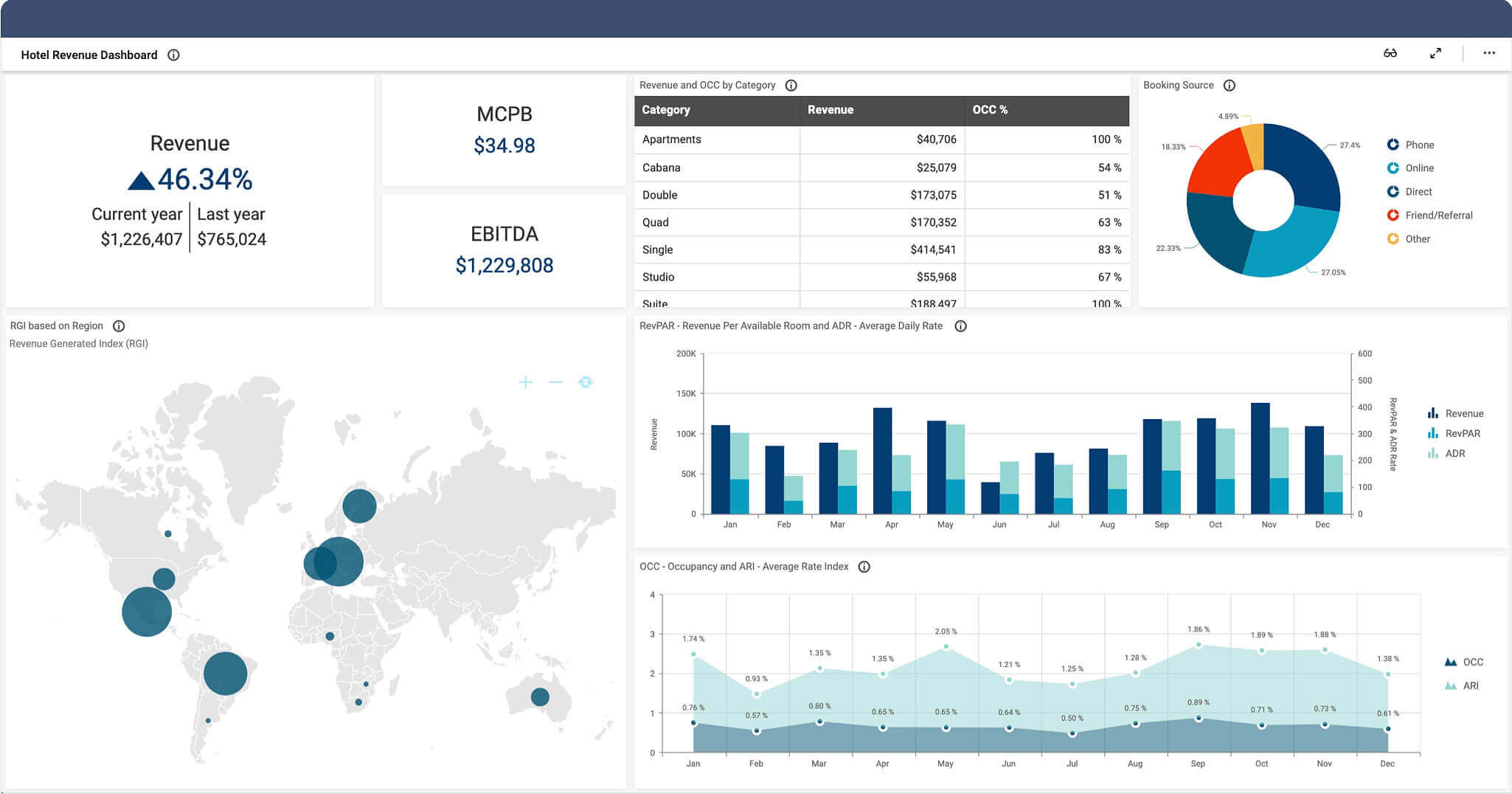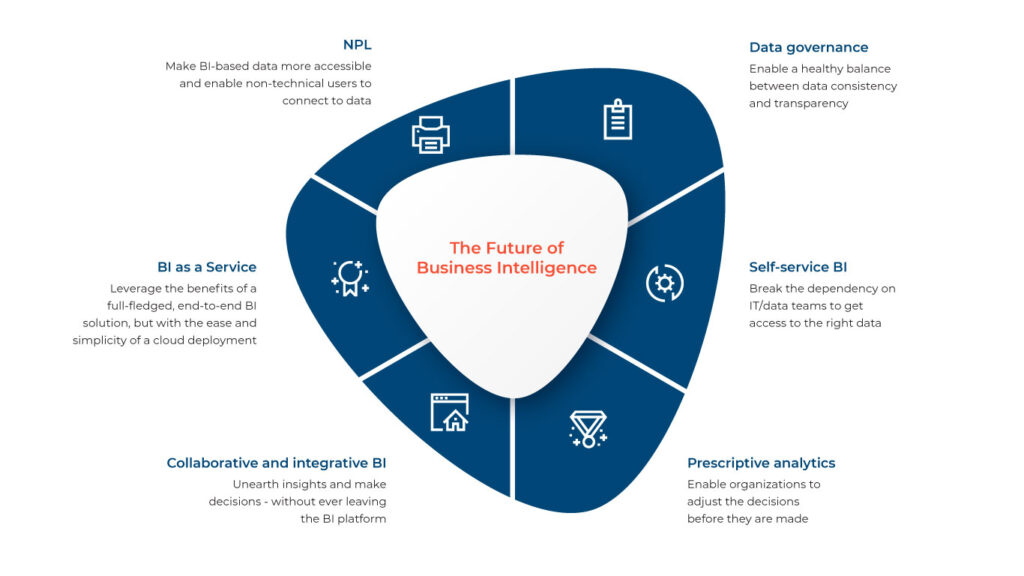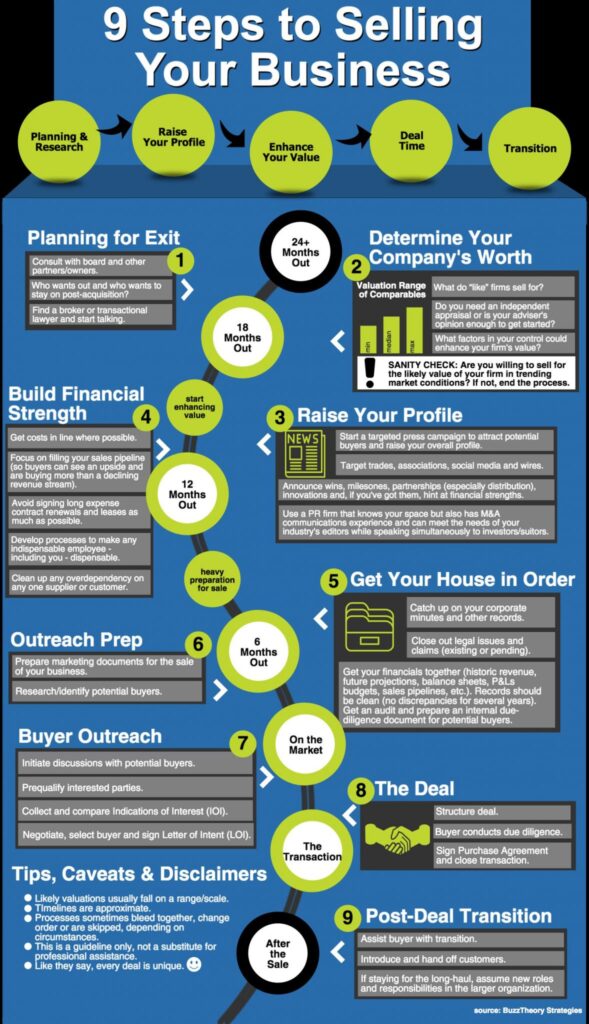As the hospitality industry continues to evolve, the importance of data-driven decision making has become increasingly apparent. One of the key tools for hoteliers looking to understand their customers, improve their operations, and stay ahead of the competition is hotel business intelligence. In essence, hotel business intelligence is the practice of gathering, analyzing, and using data to inform strategic decisions within the hotel industry.
At its core, hotel business intelligence is all about understanding the unique needs and preferences of guests, as well as the broader trends and forces shaping the industry. This could involve everything from analyzing booking data to determine which types of rooms are most popular, to tracking social media sentiment to identify common complaints or areas for improvement. By collecting and analyzing this data, hotels can gain a more comprehensive understanding of their business, and make more informed decisions about everything from pricing strategies to staffing levels. Ultimately, hotel business intelligence allows hoteliers to stay competitive in an ever-changing landscape, and deliver the best possible experience to their guests.
Hotel Business Intelligence (BI) is a combination of technologies, processes, and applications that help businesses to analyze their data, spot trends, and make better decisions. It provides meaningful insights into customer behavior, marketing campaigns, and product performance. It can also help identify areas of improvement and cost savings. BI can be used to gain a competitive advantage in the hospitality industry.

What is Hotel Business Intelligence?
Hotel business intelligence (BI) is an area of data science that uses predictive analytics, business process optimization, and customer segmentation to give hoteliers an edge in the competitive hospitality industry. By leveraging BI, hotels are able to identify trends, target their marketing efforts, and maximize their profits.
How can Business Intelligence Help Hotels?
Business intelligence can provide hoteliers with a wide range of benefits. It can help them gain insights into customer preferences and trends, allowing them to tailor their services accordingly and increase customer satisfaction. It can also be used to identify areas of inefficiency in their operations, allowing them to streamline their processes and reduce costs. Additionally, BI can be used to better understand customer behavior. This information can be used to create targeted marketing campaigns and increase sales.
What are the Benefits of Business Intelligence?
The use of BI in the hospitality industry has numerous benefits. By leveraging predictive analytics, hoteliers can anticipate customer needs and preferences, allowing them to provide a better overall experience. Additionally, BI can be used to identify areas of inefficiency in the hotel’s operations, allowing them to streamline their processes and reduce costs. Furthermore, it can be used to create targeted marketing campaigns, increasing customer engagement and boosting sales. Finally, BI can help hotels identify new opportunities and capitalize on them, allowing them to remain competitive in the ever-evolving hospitality industry.
What are the Challenges of Business Intelligence?
While there are many benefits to using business intelligence, there are also some challenges that hoteliers must be aware of. Implementing BI can be an expensive and time-consuming process, as it requires a significant investment in technology. Additionally, the data gathered must be properly analyzed and interpreted, which can be a daunting task for non-experts. Finally, the data must be kept secure, as it contains sensitive customer information that could be misused if not properly protected.
How to Implement Business Intelligence in Hotels?
The implementation of business intelligence in hotels begins with the identification of data sources and the collection of data. This could include customer reservation data, customer surveys, and reviews from third-party websites. Once the data is collected, it must be analyzed and interpreted. This can be done using a variety of techniques, such as predictive analytics, machine learning, and data mining. Finally, the data must be used to inform decisions, improve processes, and create targeted marketing campaigns.
Frequently Asked Questions
Hotel business intelligence (BI) is the process of collecting, organizing, and analyzing data to help hoteliers better understand their guests, improve their services, and increase their profits.
What is hotel business intelligence?
Hotel business intelligence is the process of collecting and analyzing data from multiple sources within a hotel, such as room reservations, guest feedback, and operations data, in order to gain insights that can help hoteliers make better decisions. By leveraging data from multiple sources, hoteliers can gain a better understanding of their guests, operations, and performance. With this knowledge, hoteliers can improve their services, optimize their operations, and increase their profits.
What are the benefits of hotel business intelligence?
Hotel business intelligence can provide a number of benefits for hoteliers. By leveraging data from multiple sources, hoteliers can gain insights into their guests’ preferences and behaviors, allowing them to tailor their services to meet their guests’ needs. BI can also help hoteliers identify areas of improvement, such as increasing efficiency within their operations or making changes to their pricing strategies. Additionally, hotel business intelligence can help hoteliers better understand their performance, providing them with the data they need to make informed decisions and increase their profits.
How is hotel business intelligence used?
Hotel business intelligence is used to gain insights into the performance of a hotel, its guests, and its operations. By leveraging data from multiple sources, such as room reservations, guest feedback, and operational data, hoteliers can gain a better understanding of their guests, operations, and performance. With this knowledge, hoteliers can make informed decisions and optimize their services, operations, and pricing strategies in order to increase their profits.
What data is used in hotel business intelligence?
Hotel business intelligence leverages data from multiple sources, including room reservations, guest feedback, and operational data. Room reservation data can provide insights into the types of guests staying at the hotel, their preferences, and their behaviors. Guest feedback can help hoteliers better understand their guests’ experiences and identify areas of improvement. Operational data can provide insights into the efficiency of the hotel’s operations and help identify areas of improvement.
What tools are used for hotel business intelligence?
Hotel business intelligence is typically powered by data analytics tools. These tools allow hoteliers to collect, organize, and analyze data from multiple sources. Data analytics tools can help hoteliers visualize their data, identify trends, and gain insights that can help them make better decisions. Additionally, many data analytics tools offer features that allow hoteliers to automate some of their BI processes and deliver insights in real-time.

In conclusion, hotel business intelligence is an essential tool for the success of any hotel business. It allows hoteliers to gain valuable insights from their data and make informed decisions to improve operational efficiency and guest satisfaction. By utilizing business intelligence tools and techniques, hotels can analyze their data in real-time and identify trends, patterns, and opportunities that can help them stay ahead of the competition and increase revenue.
As the hotel industry becomes more competitive, it is crucial for hoteliers to leverage technology and data to gain a competitive advantage. Business intelligence provides a comprehensive view of a hotel’s performance and helps hoteliers to optimize their operations, marketing strategies, and revenue management. With the right business intelligence tools, hoteliers can harness the power of data and drive their businesses to new heights. Therefore, hotel business intelligence is not just a buzzword but a key component of any successful hotel business.


